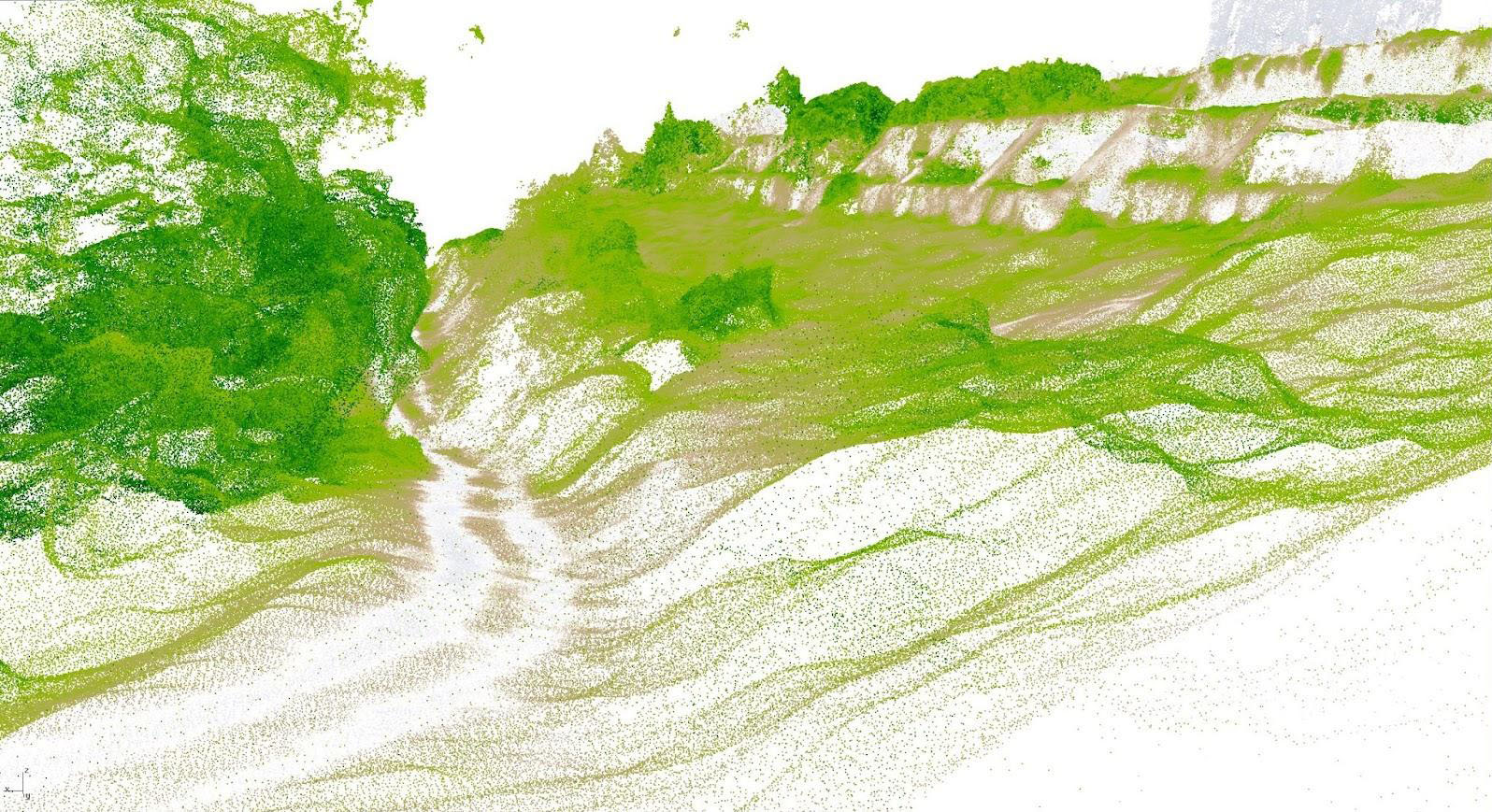Syllabus⇝
Over the centuries, the agricultural industrial sector has grown to become a force for ecological and climate change. Strategies of landscape development concerning the production of food and material resources is one of the most contested debates of our time. The agriculture Zero short course, examines what emerging techniques are ‘appropriate’ for climate resilient societies in differing bioregional contexts. Asking how can agricultural land be productive enough for global markets whilst being ecologically regenerative rather than reductive. Practical hands on experience in gardens will offer a unique opportunities for innovation, tacit knowledge of plants and ecosystems will combine with new computational and digital tooling to enhance knowledge and practice.
Keywords: agroecology, agritech, future farming
Learning Objectives⇝
- Develop a basic agronomical knowledge of farming practises, crops and cultivation cycles through differing bioregions and climate zones.
- Hands on experience with real world farming maintenance tasks and practices, and be able to identify needs and gaps for innovation.
- Distinguish between agricultural systems, typologies, traditions and scales of industry, to situate these as discourses in wider societal and economic systems.
- Become familiar with agricultural knowledge bases and resources, online communities of practise and movements locally and globally.
- Gain a knowledge of current and future farming technology, in the context of digital and ecological transitions.
Methodological Strategies⇝
-
Theory Lectures:
- Agricultural Systems
- Soils
-
Case Studies:
- Foraging and data logging the Collserola park
- Using mobile data loggers
-
Design Workshops:
- Circular designs for Agro Forestry
-
Practical Workshops:
- Germination and propagation
- Soil Analytics
- Farming
- Essential Oils
Team-based learning
Task 1: Foraging and data logging the Collserola park
Practical Experience
Task 2: Germination and propagation / Soil Analytics / Farming / Essential Oils
Project-based learning / Visual Thinking
Task 3: Circular Design for Agro Forestry
Schedule⇝
10:00h - 12:00h
Theory - Agricultural Systems and Tools
Practical - Germination and Propagation
12:15h - 14:15h
Workshop - Circular designs for agroforestry
10:00h - 12:00h
Valldaura Field Trip
Practical:
- Foraging Data logging
- Soil Sampling
12:15h - 14:15h
Valldaura Field Trip
Practical: Farming
10:00h - 12:00h
Theory - Soils
Practical - Soil Analysis
12:15h - 14:15h
Practical
Elaboration: Soil sampling, Essential oils
Deliverables⇝
Design a planting layout or farming strategy for an Agro Forestry garden that integrates with existing farm to fork or nutrient flow systems within the Barcelona region. Submissions should be described visually in a creative format. This could be delivered in any poster form, examples include flow diagrams, drawn maps, of by site plans or info-graphic.
Grading Method⇝
Grading criteria will be defined by faculty during the module.
European Credit Transfer and Accumulation System (ECTS)
1 ECTS
Additional Resources⇝
- Monboit, G. Feral, Searching for enchantment on the frontiers of rewilding (Allen Lane 2013)
- Fukuoka, M. (1985). Natural Way of Farming: The Theory and Practice of Green Philosophy.
- Kimmerer. R. Braiding Sweetgrass: Indigenous Wisdom, Scientific Knowledge, and the Teachings of Plants (Penguin 2020)
- Colliaux. D. Hannape. P. Minchin. J. Goelzer. S. Computational Agroecology, should we bet the micro farm on it. (Limits 2022)
- Minchin, J, Ecological interaction : A genetic and phylogeographic framework for growing new innovations (Univ. International Catalunya, 2010)
- Dollens, D, EcoDialectic Rewilding a Catalan Landscape with Agroforestry, AI and Microbes. Version 2. (Academia.edu)
- Minchin J. Reflections on development. International Cooperation in a post connected state, Georeferencing for technology transfer (Univ International Catalunya 2010)
- Quitmeyer, Andrew. “Digital Naturalist Design Guidelines: Theory, Investigation, Development, and Evaluation of a Computational Media Framework to Support Ethological Exploration.” Proceedings of the 2017 ACM SIGCHI Conference on Creativity and Cognition (2017)
- Bateson, G, Steps To an Ecology of Mind (Univ. Chicago Press, Chicago,1972)
Faculty⇝

Jonathan Minchin studied Fine Arts and Design Craftsmanship and digital Fabrication. He attained BA in Architecture and a masters degree MSC in ‘International Cooperation, Sustainable Emergency Architecture’ in 2010. He is coordinator of the EU funded research project called ROMI (Robotics for Microfarms) and has spoken at the European Commission and British Parliament.
In this field he has worked on housing and development projects alongside ‘Habitat for Humanity’ in Costa Rica, ‘UNESCO’ in Cuba and with ‘Basic Initiative’ in Tunisia.
He has worked in conjunction with ‘UN-Habitat’ in Barcelona and holds a particular interest in appropriate technology, bioregional industries and agroecology. His professional career has focused on architectural and urban development projects with Architects Offices in both England and Spain and his writing on “Geographic referencing for Technology Transfer” was published in the book “Reflections on Development and Cooperation” in 2011. He took part in the Fab Academy, Bio Academy and Coordinated the Green Fab Lab and Valldaura campus between 2012 and 2017.
Jonathan has also worked on the on the DIYBio Barcelona project.
